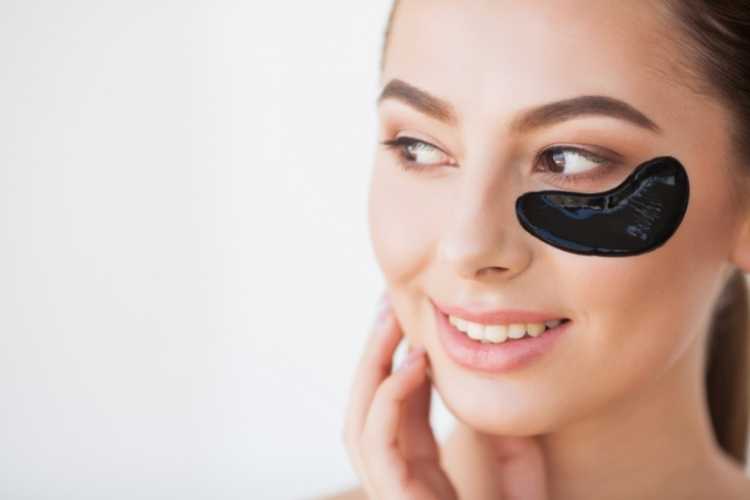Any eczema patient will tell you how challenging it is to live with the condition. The skin problem rotates in flare phases and it is hard to predict the next time you will have painful and uncomfortable rashes. Doctors First is among the facilities that have made sure eczema in Rockville does not interfere with your skin’s aesthetics.
Various types of eczema you might be susceptible to
· Atopic dermatitis
This eczema type is the most common and it starts in your childhood. The condition might either worsen or fade in adulthood. Atopic dermatitis is part of the ‘atopic triad’ with hay fever and asthma completing the triad. You are likely to have the three conditions when you suffer from atopic dermatitis. The condition happens when your skin’s natural barriers weaken, making it unable to shield you from allergens and irritants.
· Contact dermatitis
Your doctor will diagnose you with contact dermatitis when your reactions are related to the substances you touch. The condition can either be allergic contact dermatitis or irritant contact dermatitis.
· Dyshidrotic dermatitis
The common condition appears more in women than men, and occurs when tiny blisters appear on your feet and hands. The itchy fluid-filled blisters may force your skin to crack or flake.
· Hand eczema
You are at risk of developing this eczema type that only affects your hands when you constantly handle chemicals or irritants likely to affect your skin.
· Stasis dermatitis
Your health will diagnose you with the condition when you constantly leak fluids from your veins’ weak points. You are more likely to have stasis dermatitis when your lower legs have an issue with blood flow. Weak veins develop when the valves in your legs malfunction, forcing blood to pool inside your legs.
What are your treatment options when you have eczema?
Eczema usually flares up and recedes without treatment after a while. However, you should not hesitate to contact your doctor for professional help when the rash fails to go away or it adversely interferes with your life. The health provider may recommend the following treatments or medicines to help alleviate your symptoms.
· Antihistamine
· Calcineurin inhibitors
· Corticosteroid ointment or cream
· Antibiotics
· Light therapy
If your flare-up results from an allergic reaction, your doctor might advise you to avoid the triggers.
What symptoms are you likely to have with eczema?
Eczema may develop in any part of your body. However, the main parts you are likely to experience rashes include the backs of your knees, inner elbows, and arms. Though the condition is not contagious, it usually worsens with age. The condition flares up and subsides, then flares up again and has the following symptoms:
· Skin irritation
· Thick, scaly skin
· Crusty patches (indicating infection)
· Fluid-filled bumps that leak when you itch them
Eczema causes are unclear though experts link the condition to a hyperactive immune system that reacts aggressively to the existence of irritants in your environment.
Whether mild or severe, eczema can be uncomfortable and painful (sometimes). The condition can significantly affect your everyday life if you fail to seek professional help. Do not hesitate to contact your doctor for help when eczema prevents you from living a comfortable life.

